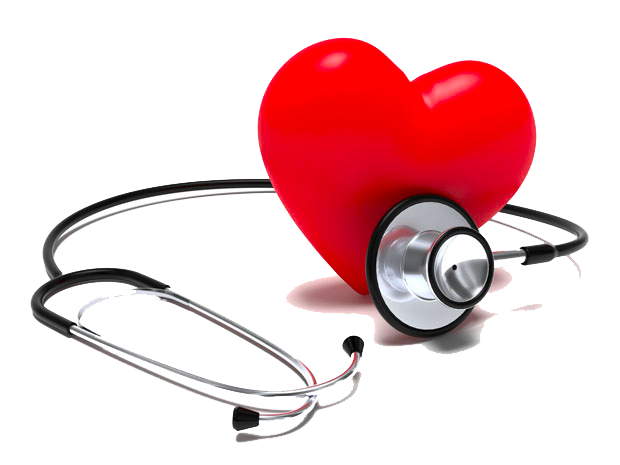
An enlarged liver and spleen, medically known as hepatosplenomegaly, occur when the liver and spleen swell beyond their normal size.
The liver is a large accessory organ in the digestive system, responsible for a number of functions including bile secretion to break down food, storage of iron and vitamins, production of blood proteins, and elimination of old red blood cells. Many medications are also metabolized through the liver. The liver is located in the upper-right quadrant of the abdomen, with the lower edge connecting to the lower edge of the rib cage. The body’s entire blood volume circulates through the liver approximately six times per minute, an enormous amount of fluid.
Normally, you would not be able to feel your liver, except, perhaps, when you take a deep breath. However, an enlarged liver can be easily palpated (felt) by your health care provider during an exam. The condition of having an enlarged liver is known as hepatomegaly.
The spleen is part of the lymphatic system, which plays a role in immunity and maintenance of healthy blood cells. It is an important organ and is affected by disorders of the blood, liver, and immune system. An enlarged spleen is known as splenomegaly.
Enlarged liver and spleen may be caused by infections including:
Bacterial infections
Cat scratch disease (bacterial infection)
Epstein-Barr virus infection (infectious mononucleosis)
Infections caused by parasites such as malaria
Enlarged liver and spleen can also be caused by hepatic (liver) disorders including:
Biliary atresia (blockage in the tubes that transport bile from the gallbladder to the liver)
Cirrhosis (scarring of the liver)
Hepatocellular carcinoma (tumor of the liver cells)
Portal hypertension (high blood pressure in the portal vein, which supplies blood to the liver)
Portal vein obstruction (obstruction of the portal vein, which supplies blood to the liver)
Sclerosing cholangitis (bile duct blockage)
Steatosis (fatty liver)
Viral hepatitis

Copyright © 2022 Dr. Sandhya Bade | All Rights Reserved | Created & Crafted By Itorix Infotech
WhatsApp us